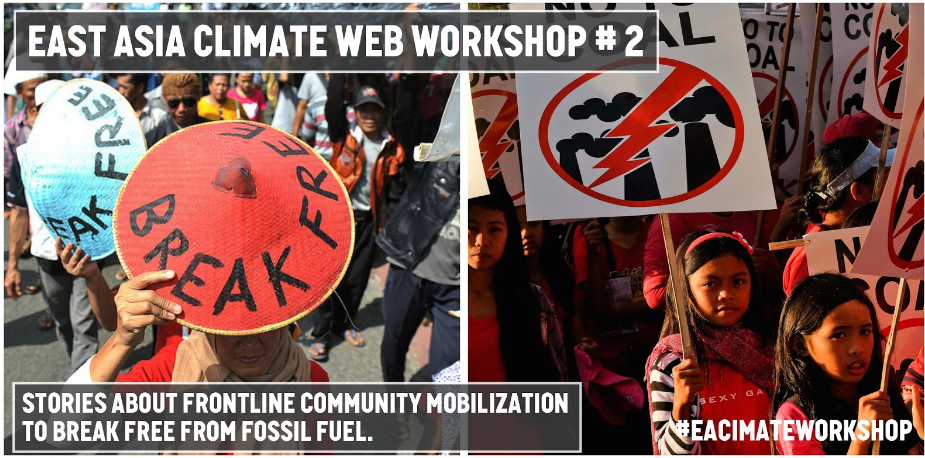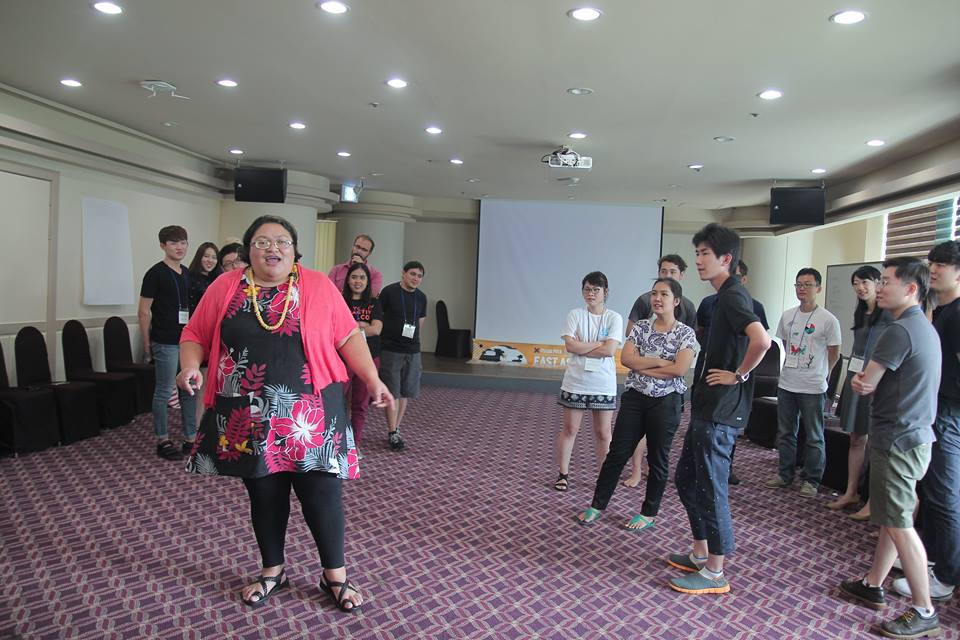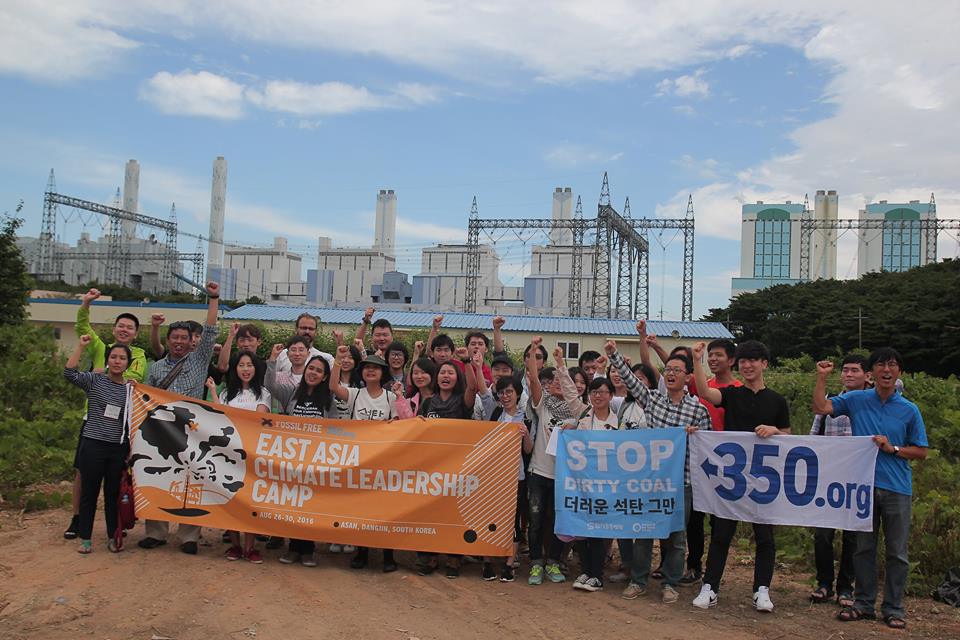“It always seems impossible until it is done.” – Nelson Mandela.
The following months after the signing of the Paris Agreement has been a challenging time for the East Asia region
The fossil fuel industry is still active with a host of projects on the ground and are still bent on expanding dirty energy development to more territories in the region.
In response to this people in East Asia stood up and raised their voice to demonstrate their power by holding mass actions in Indonesia and the Philippines as part of the global Break Free actions that happened last May.
In the past months we have seen growing interests from partner organizations in the region to establish an avenue for sharing stories and learnings on campaign organizing from the different experiences and contexts of the countries in East Asia.
That is why it was decided that to launch the East Asia Climate Leadership Program as a forum for like-minded people in East Asian countries, who are willing to form a community of practice to equip and empower climate activists to join forces and push back the power of fossil fuel companies in their respective communities.

East Asia Climate Leadership Camp
As part of our ongoing commitment for empowering communities and providing space for shared learnings we held our second East Asia Climate Leadership Camp (EACLC#2) in Asan city, South Korea, where we are joined by 42 like-minded hearts from 8 different areas (South Korea, Japan, China, Hong Kong, Taiwan, Philippines, Vietnam, Indonesia) who want to join us on stopping the financial flow of investments in fossil fuel projects in East Asia.
The 3-day training was organized by the 350.org East Asia team. The module includes: understanding fossil fuel finance, divestment, coal plant field visit and joint planning sessions on how countries present can work in coordination to take action on fossil fuels.
Day 1
After the intro sessions we grouped the participants into 2 working groups that would focus on 1) Countries financing fossil-fuel projects 2) Countries that are recipients of fossil fuel financing. We also had powerful storytelling sessions, where Koreti our main facilitator and some of the participants shared stories on the ground which stirred up to the participants.

Photo by: Ngô Quốc Hiền
Day 2
On the 2nd day of the gathering, we visited the Dangjin coal plant, guided by local community leader Mr. Yoo, who has been leading the fight to stop the power plant on the ground. Under his guidance, we visited 3 locations to know about local struggles and how people think about the area: 1) Largest coal fired power plant in South Korea 2) proposed new coal power plant sites 3) Coal ash dumping site. During field trip around Dangjin city, By stepping on the ground in Dangjin city and listening local struggle stories, we felt astonishing, shocking and worries that shared among the group. We recognized that these are the feelings linked with local people and it also reflected lots of our work back in our communities and countries.

Photo: Ngô Quốc Hiền
Day 3
On the last day we facilitated the formation of the East Asia Divestment Network as a venue of people and shared responsibilities among participants and the organizations they represent so that we can help on each other’s’ work in terms of investigations, documentation and publicizing the impacts of fossil fuel projects in the countries that receive fossil fuel finance, so that investors will be able to know the real score about where their money goes to.
On our last session, our team leader, Natwipha Evasakul talked about a scene that she saw which impressed on us why we need to take action, “On the way back, I saw a little girl happily walking along the coastal area where the proposed new coal plant site located. As a mother, if I knew the air, the water are not clean, I will let her exposed to the environment. This also reminded myself the commitment on the movement.”

Photo: Denise Fontanilla
Liang-Yi Chang , is a climate activist based in Taiwan, he currently works as 350.org East Asia’s Regional Campaign Coordinator
